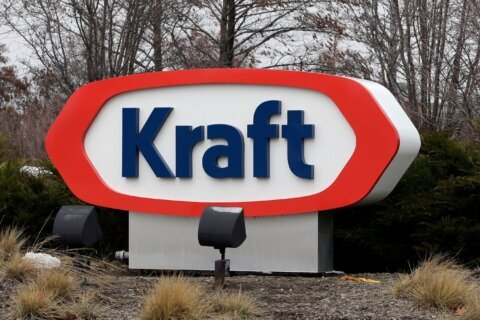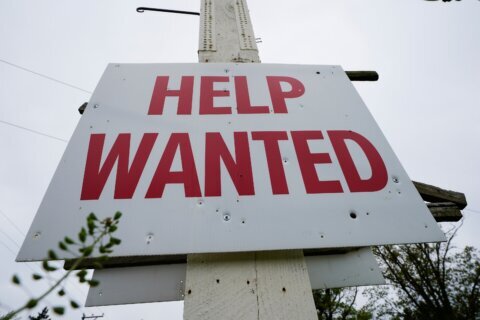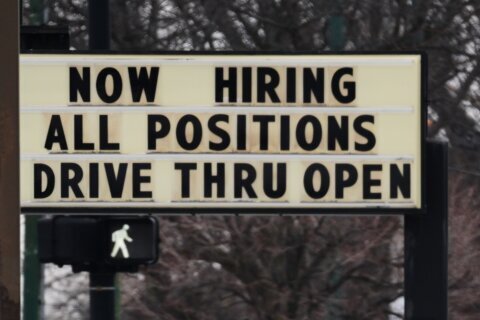Employers already use artificial intelligence tools to screen job applicants, and a growing number of job seekers are using AI to get their resumes to the top, but it can both help and hurt prospects for getting hired.
Resume Builder surveyed 1,000 U.S. workers who have actively engaged in a job search within the past year and found 18% used ChatGPT to help, most commonly to research the companies they applied to.
“I think that is one of the best ways to utilize AI that is the least harmful. Outside of that, we are seeing resume creation, interview preparation and cover letter preparation,” said Resume Builder career strategist Julia Toothacre.
Its survey found ChatGPT users were more likely to negotiate higher salaries and get more frequent interview requests than those who had not used the tool.
Those who’ve used AI to generate their resumes or cover letters — specifically ChatGPT, in this survey — found it doesn’t always get it right.
Half said they had to make some changes, and 34% said they had to make a lot of edits. Even so, 70% rated the quality of the job application materials written by ChatGPT as high.
Using AI can also backfire, with 29% saying they did not get hired because the employer became aware of their use of ChatGPT in the hiring process.
“There is still a lot of distrust around AI. So people need to maybe not share as much when they’re using it for personal use, but be prepared to discuss how they can use AI in their new professional role,” Toothacre said.
“Any applicant using ChatGPT or other generative AI to pass assessments or write a cover letter would be a hard pass for me. I think it is totally fine to use for interview practice or to generate ideas, but any time you are substituting the work of an AI for your own organic work, that’s where it crosses a line for me,” said Andre Kazimierski, CEO of Improovy.
AI-generated resumes and cover letters can be too generic and easily spotted by hiring managers.
Some employers may view a candidate’s use of AI positively.
“From my perspective, the use of tools like ChatGPT by candidates can highlight key skills that are increasingly important in today’s digital-first environment,” said Matthew Montez, founder of MCB Group, a digital marketing firm.
Regardless of the perspective, most agree that using AI to help with skills testing or assessment assignments during the hiring process is not acceptable, with some calling it cheating, lying or unethical.
Not surprisingly, younger job seekers are more likely to lean into AI for resumes, cover letters and research, with 24% of 18 to 24-year-olds and 21% of 25-to-34-year-olds in the survey saying they used the tool. That compares to just 9% of 45-to-54-year-olds and 3% of those older than that using ChatGPT in the hiring process.
Men were more than twice as likely as women to say they used AI in their job search process.
“As a woman myself, I am sad to see that, because I think we’ve seen that historically in career information. I think this is a missed opportunity for women to step into a new area,” Toothacre said.
Get breaking news and daily headlines delivered to your email inbox by signing up here.
© 2024 WTOP. All Rights Reserved. This website is not intended for users located within the European Economic Area.








